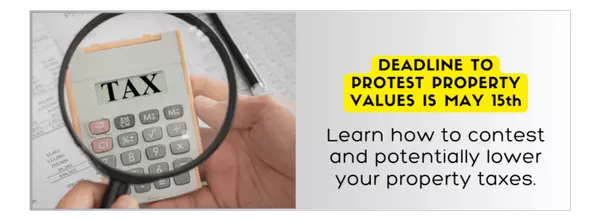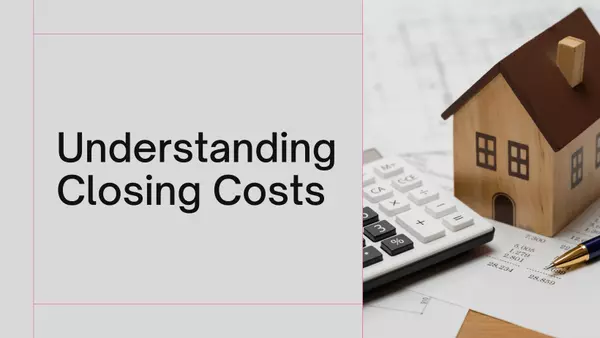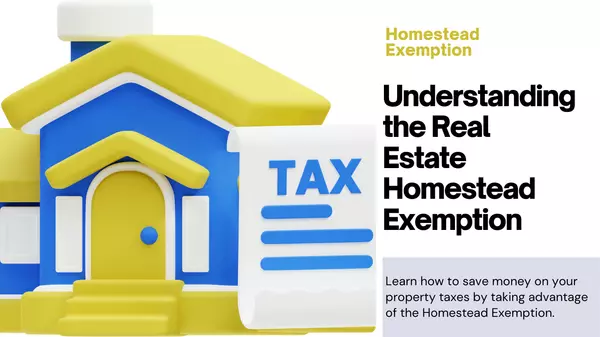What is a Homestead Exemption?

A homestead exemption is a valuable tax break offered to homeowners that can help reduce the amount of property taxes they owe. It is a program that provides homeowners with a reduction in the assessed value of their property, resulting in lower property tax bills. This exemption is available to homeowners who use their property as their primary residence and can provide significant savings over time.
So, how do you file for a homestead exemption? The process is relatively simple and varies depending on the state you live in. In most cases, you will need to fill out an application and submit it to your local tax assessor's office. The application typically requires you to provide proof of residency, such as a copy of your driver's license or utility bills, as well as other necessary documentation.
It's important to note that there are specific deadlines for filing your homestead exemption, so it's crucial to be aware of these dates to ensure you don't miss out on this valuable tax break. Typically, you will need to file for the exemption before a certain date each year, so it's advisable to check with your local tax assessor's office for the exact deadline in your area.
Once you have filed your application, it will be reviewed by the tax assessor's office to determine if you meet the eligibility criteria for the homestead exemption. Generally, you must be the owner of the property and use it as your primary residence. Some states may have additional requirements, such as residency duration or income limits, so it's essential to familiarize yourself with the specific rules that apply in your area.
If your application is approved, you will receive a notification confirming your homestead exemption, and your property taxes will be adjusted accordingly. The amount of the exemption can vary depending on your state and local regulations. In some cases, the exemption may only apply to a portion of your property's assessed value, while in others, it may cover the full value.
It's worth noting that the homestead exemption is not a one-time benefit. Once approved, it typically remains in effect as long as you continue to meet the eligibility requirements. However, it's crucial to notify your local tax assessor's office if there are any changes in your residency status or property ownership, as this may impact your eligibility for the exemption.
In conclusion, a homestead exemption is a valuable tax break for homeowners that can lead to significant savings on property taxes. By reducing the assessed value of your property, this exemption can help make homeownership more affordable and provide financial relief. If you are a homeowner, it's essential to understand the eligibility requirements and filing process for the homestead exemption in your state. Take advantage of this opportunity to lower your property tax bill and maximize the benefits available to you as a homeowner.
As your Texas real estate professional, I can advise and guide you through this process. Let's talk today!
Categories
Recent Posts










GET MORE INFORMATION


